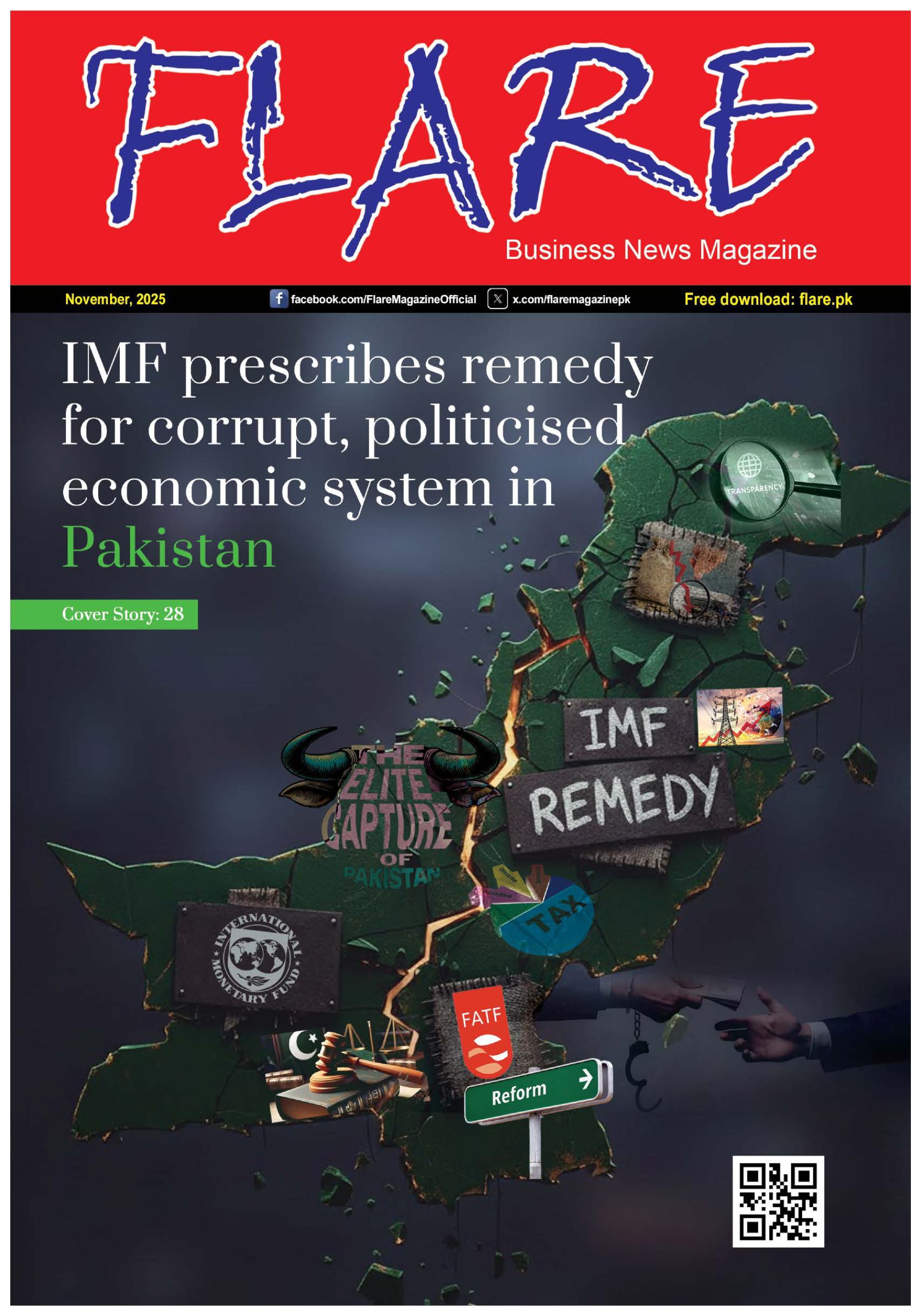“Willing organisations can apply for authorisation from PTA, which will analyse the application for any clarification or additional information and will forward it to the Frequency Allocation Board (FAB) that will assign the spectrum to the applicant”
PTA has already unveiled a framework for testing and
development of future technologies, particularly 5G
wireless networks
Pakistan Telecommunication Authority (PTA) has invited applications for tests of 5G wireless networks. Any firm registered with the Securities and Exchange Commission of Pakistan (SECP) and Pakistan Engineering Council (PEC), cellular licensees, research and development (R&D) organisations, academic institutions, equipment manufacturers, etc., are eligible to apply for the test and development authorisation. Willing organisations can apply for authorisation from PTA, which will analyse the application for any clarification or additional information and will forward it to the Frequency Allocation Board (FAB) that will assign the spectrum to the applicant. PTA has already unveiled a framework for testing and development of future technologies, particularly 5G wireless networks.
The framework enables the use of radio spectrum on a trial basis for non-commercial purposes to carry out trials for innovative use of radio frequency spectrum, apparatus/equipment and academic purposes including, but not limited to, scientific research, radio concepts and new systems demonstrations. Rapid growth in mobile data traffic and consumer demand for enhanced mobile broadband experience have led to an increasing emphasis on the upcoming fifth generation of mobile technology.
The document contains the terms and conditions which shall be complied by any organization which intends to conduct trials, demonstrate systems or services in Pakistan based on IMT 2020 to demonstrate readiness for new technologies in Standalone (SA) or Non-Standalone (NSA) environment including identified use cases of eMBB (Enhanced Mobile Broadband), uRLLC (Ultrareliable and Low-latency Communications) and MMTC (MassiveMachine Type Communications) through Slicing, Orchestration and Management techniques, application and use case development etc. for better spectral efficiency and improved overall user experience. The applicant shall apply for authorization to PTA, in accordance with the checklist of the framework. PTA will analyze the application and may require additional information from the applicant in a timely manner. Once the application is complete in all aspects, PTA may forward the same to Frequency Allocation Board, under the Telecom Act Section 5(2) (c) read with Section 43(5).
FAB shall assign the spectrum to be used for subject trials as per the Act which shall become effective from the date of authorization issued by PTA. Mere assignment of a spectrum by FAB would not give the right to the applicant to use the same until authorization is obtained from PTA. Upon assignment of spectrum by FAB, PTA will issue authorization to the applicant. The grant of authorization will be subject to fulfillment of all the codal formalities.
The Test & Development Authorization allows an applicant to temporarily use the spectrum on a non-exclusive, non-commercial basis for the purposes mentioned in the framework. Applicants can propose a spectrum for trial purpose which could include the requisite spectrum blocks in 2.6 GHz, 3.6 GHz and other relevant bands amenable to millimeter wave (mmW) propagation.
There is no regulatory fee associated with subject non-commercial trial permission or the spectrum usage for this purpose. If the trial network is connected to any licensed network, the Test & Development authorization holder could be liable for any charges from operators incurred during the trial, however, users will not be charged for any services offered during the trial.
The trial shall last for the period of three to six months or as stated in the authorization issued by PTA. Any request for re-issuance or extension in the period of trials must be submitted to PTA for prior written approval. PTA may determine a reasonable period for the extension in the trial period, taking into consideration the proposed trial set-up and the request will be processed as per the regulatory and standard provisions. The rapid growth in mobile data traffic and consumer demand for enhanced mobile broadband experience have led to an increasing emphasis on the upcoming fifth generation of mobile technology (“5G”). Earlier, fifth generation (5G) mobile broadband possesses massive potential to boost digital development in Pakistan as the country has already derived some benefits from digitisation, according to a World Bank report titled ‘Pakistan @100: Shaping the Future’. Although the Pakistan Telecommunication Authority (PTA) had unveiled a road map for public testing of 5G services in the country this year, delays in its deployment would postpone a revolutionary leap in capacity from 4G to 5G, the report said. The World Bank in its report revealed that delay in the issuance of 3G and 4G licences, which were eventually completed in 2014, prevented telecom companies from building and upgrading their networks for the provision of data services. Moving forward, “5G networks will establish a robust foundation for a digital economy in the country,” it said. “Although Pakistan has already derived some of the benefits from digitisation, the scope for further growth still remains.” Quoting figures, the World Bank pointed out that demand for internet access had risen rapidly, from 6 million internet subscribers in 2013 to an estimated 48 million in 2017. Moreover, Pakistan is the third-largest country providing workers to global online freelancing platforms and from this, it generated approximately $1 billion in export revenues in 2016. “However, broadband and mobile penetration (basic and data/internet-enabled mobile phones) in Pakistan remains relatively low,” the report said.
Digital development should come with safeguards including national cyber security and personal data privacy, it suggested. At the same time, providing an enabling environment for a competitive and open market for telecom and digital players and digital skills for potential employees was critical to ensuring meaningful uptake of digital solutions,” it continued. The last 3G/4G spectrum auctions for telecom services happened in 2014. Even speaking of international perspective, the stage is still draped for 5G, according to the report.
PTA mentioned that rapidly increasing demand for high bandwidth telecom services had resulted in accelerated progress towards 5G testing in Pakistan.




